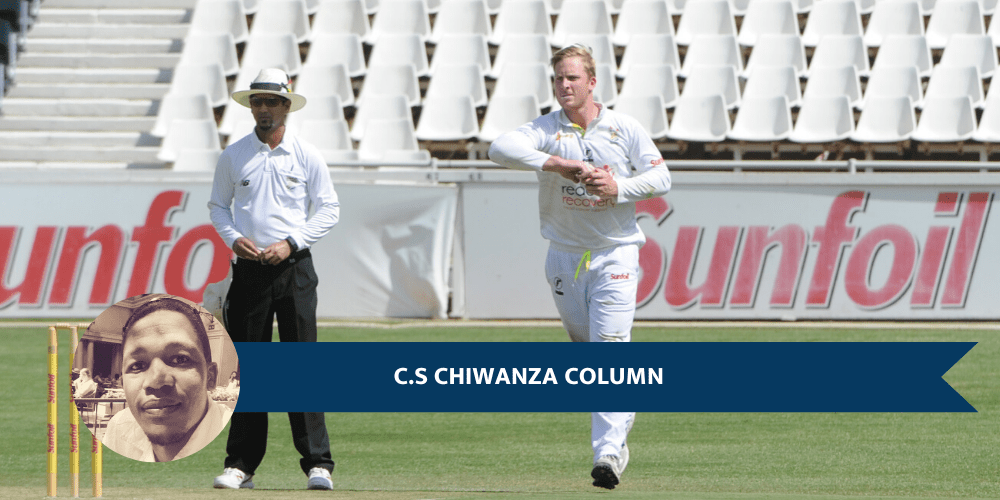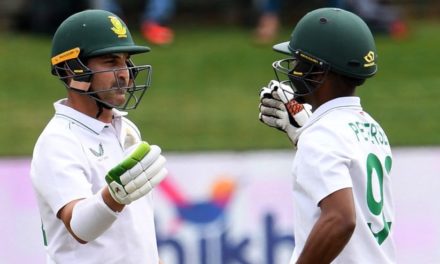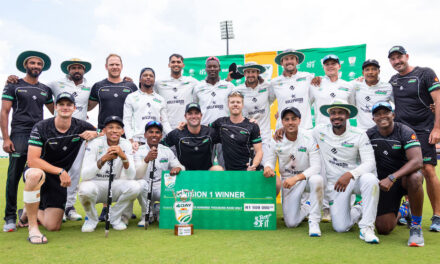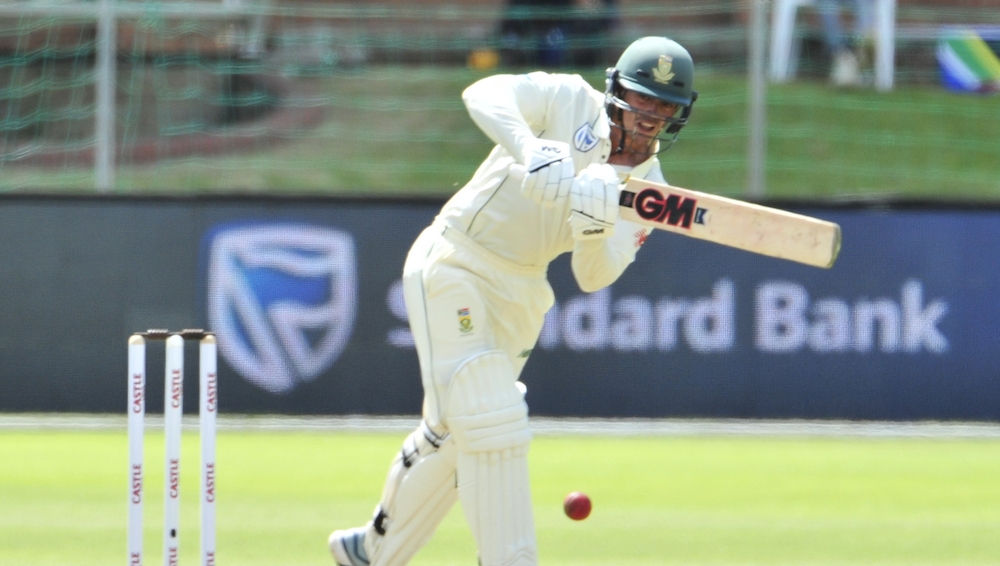Soon to be former Kolpak players should be afforded a shot at a place in the Proteas Test and ODI squads, but they should find themselves lower in the pecking order, writes C.S Chiwanza.
For want of a nail, the shoe was lost,
For want of a shoe, the horse was lost,
For want of a horse, the rider was lost,
For want of a rider, the battle was lost,
For want of a battle, the kingdom was lost,
And all for the want of a horseshoe nail.
This ancient Germanic poetic proverb exemplifies how we utilize hindsight to see where things might have gone wrong, conditions that could have been altered for us to get a different outcome. However, the truth is that maybe the lack of one horseshoe nail would have been of no consequence to the end result, or it did indirectly affect the course of the war. We can never be sure, so we will never know.
We assume that if we were to correct one small detail, even in the present, that detail will create a domino effect that will set us up for success later on. That as it may, in doing so, we do not account for the possibility of butterfly effect instead of a domino effect.
The Butterfly Effect is the concept that small changes can have a non-linear impact on a complex system. The term was coined by Edward Lorenz who used the metaphorical examples of the details of a tornado being influenced by minor perturbations such as the flapping of the wings of the distant butterfly. It is important that we do not take Lorenz’s example of a butterfly flapping its wings in Brazil causing a tornado in Texas literally, but for the metaphor it is.
As John Gribbin wrote, “Some systems are very sensitive to their starting conditions, so a tiny difference in the initial push you give them causes a big difference where they end up.”
In the Vocation of Man (1800), Fitche says that: “you could not remove a single grain of sand from its place without thereby ….changing something throughout all parts of the immeasurable whole.”
For example, we all see the assassination of Archduke Franz Ferdinand as the catalyst to the eruption of the First World War, and can reasonably assume that if it had not occurred the war would have been avoided. However, it would not be advisable for someone with a time machine to go back in time to prevent it, after all, there are no guarantees that the world would be better off without its occurrence. Things might turn out much worse.
A point masterfully made clear by Stephen King in his fictional book 11.22.63. Why should this matter to cricketing discourse?
With Brexit on the horizon and the certain change in Kolpak players’ status, there has been discussion on their return to South African cricket. One of those talking points being the wealth of experience they would bring to the struggling Test side, and potentially, the ODI squad as well.
However, while infusing the returning players into the squad immediately upon their return might add “quality and experience” into the side, it might disrupt not only the squad but the fabric of national cricket. Talented players with potential, who would have grown and gathered experience, and could, very possibly, have been a part of a history-making squad, suddenly find their places in the Proteas squad usurped by a player who had initially signed away their right to play international cricket.
Players who were next in line find themselves shoved further down in the pecking order. The system that they had faith in suddenly turns around and effectively discards them. This will not only destroy trust, but it has the potential of destroying careers. And very possibly, these are players who could have gone on to build a strong national squad in a few years. Not only will this possibility be delayed, but it would be killed. After all, there are no guarantees that the returning players with their experience will gel into the squad.
It is worthwhile mentioning that while cricketers relate differently on the field to footballers, their skill is like that of a musician. An accomplished violinist cannot just waltz into an orchestra and play at a public engagement. The probability of discord is high, despite the fact that both the rest of the orchestra and the violinist are talented and know the song. Chemistry is needed.
In short, this move would destabilize the ecosystem of the national squad and the franchises that feed into it. Teams and systems around them are built on the foundations of specific cultures. It is the belief in and the adherence of these cultures that make them successful. Culture, in simplified terms, is, “the way we do things”. And if that way that things are done suddenly has special conditions for others, then trust is eroded.
Understandably, players who opted for the Kolpak route were motivated by different reasons that range from seeing it as an avenue for one to grow and become better as a player, while for others it might have been an issue of providing for one’s family. I do not think any of the players who took this route found it easy, it would have been an agonizing decision as they gave up something or some things in the process.
However, others who chose not to, or those who never got the chance to choose knuckled down and fought for certain spots. Therefore, the discussion around the issue should be centred on fairness and affording all involved a reasonable chance at success and growth in national colours.
Players are told, and they believe, that there is a system in place on how they earn that coveted spot on the national squad, and they apply themselves with that goal in mind. To then shift goalposts on them, would be insensitive. Not only that, but it would not be advisable to sacrifice long term relationships, trust, growth and possible success on the strength of anticipated short term gains.
Certainly, soon to be former Kolpak players should be afforded a shot at a place in the Proteas Test and ODI squads, but they should find themselves lower in the pecking order, at entry-level and work their way up. Eligibility for selection protocols should not be the only determining factor, they need to fight it out with others who are already jostling for those coveted spots.
Disclaimer: Cricket Fanatics Magazine encourages freedom of speech and the expression of diverse views from fans. The views of this article published on cricketfanaticsmag.com are therefore the writer’s own and do not necessarily represent the views of the Cricket Fanatics Magazine team.
Photo: Sydney Mahlangu/ BackpagePix











